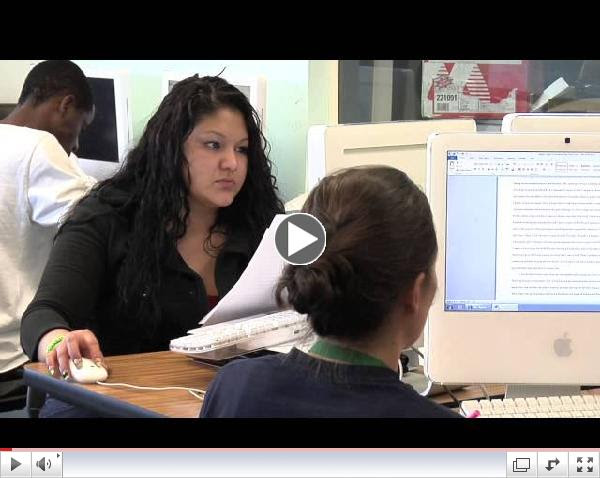Polis: Public school choice is an asset to improve all schools
By Jared Polis Guest Commentary The Denver Post
Every child has his or her own unique learning needs. While some students prefer to read books, others favor hands-on learning experiences or need help to learn English in addition to their first language. Moreover, school quality tends to vary by neighborhood, leaving too many low-income students without any high-quality school options.
In Colorado, open enrollment within and across districts allows parents the opportunity to find a school that fits their child's learning style and their family's needs. Whether parents choose a traditional, magnet, or public charter school, school choice can help improve outcomes for all students.
Denver Public Schools serves as a good example of a strong school choice system. Under the strong leadership of Superintendent Tom Boasberg, DPS has established a separate office to guide reform, encouraged the growth and oversight of high-performing public charter schools, and instituted a school performance framework to improve transparency and help parents make strong, informed choices. Under this system, DPS has seen consistent academic growth from its students, many of whom come from low-income households.
Public charter schools play an important role in improving choice and increasing the supply of high-quality schools. I am proud that the Denver area is home to many high-performing charter school networks, such as STRIVE Prep, KIPP, and Denver School of Science and Technology. These schools are demonstrating by offering diverse curricula and learning strategies to suit students' and family's needs that all students can succeed in school.
During National School Choice Week, it is important to recognize that public school choice is an asset to improve all public schools. Public school choice encourages excellence, while recognizing that students have different learning needs and can thrive in different environments. Public school choice is particularly important for students in schools that have been failing families for generations. By shining a spotlight on school performance and encouraging school choice, we can ensure that generations of students are not trapped in a cycle of poverty.
I use my experience as the founder of two innovative public charter school systems, New America Schools and Academy for Urban Learning, to increase opportunities for public school choice at the federal level. Last year, I introduced the All Students Achieving Through Reform (All-STAR) Act, which would improve and modernize the Charter Schools Program, the federal government's program to grow and expand high-quality public charter schools across the country. I also helped pass a bipartisan amendment when the House of Representatives passed HR 5, the Student Success Act, to encourage public charter schools to do more outreach to low-income communities. Finally, I passed an amendment to the National Defense Authorization Act to ensure that students who attend online or blended learning schools, or are homeschooled, are treated the same when it comes to enlisting in the military.
While the Charter Schools Program plays an important role in seeding the growth and encouraging expansion of high-performing public charter schools, more than 1 million students remain trapped on public charter school wait lists — unable to attend the schools of their dreams. This is completely unacceptable. We must expand our efforts to seed the growth of high-performing public charter schools to ensure that all families have the right to choose the right school for their children.
In addition to encouraging the growth of public charter schools, we must ensure that there is sufficient oversight so that public charter schools can fulfill their promise as "laboratories of innovation." My All-STAR Act would improve public charter school authorizing efforts across the country so that high-quality public charter schools are able to expand and replicate, and changes are made in those that are not serving students.
I am proud that Colorado has become a model for public school choice in our country. This School Choice Week, it is important to recognize our efforts, while also acknowledging that we must continue the fight to strengthen school choice. I will continue to work for strong education policy reforms in Congress that ensure all parents have access to public school choice.
U.S. Rep. Jared Polis is a Democrat from Boulder.
See the Op-Ed here: http://www.denverpost.com/opinion/ci_25035462/public-school-choice-is-an-asset-improve-all#
